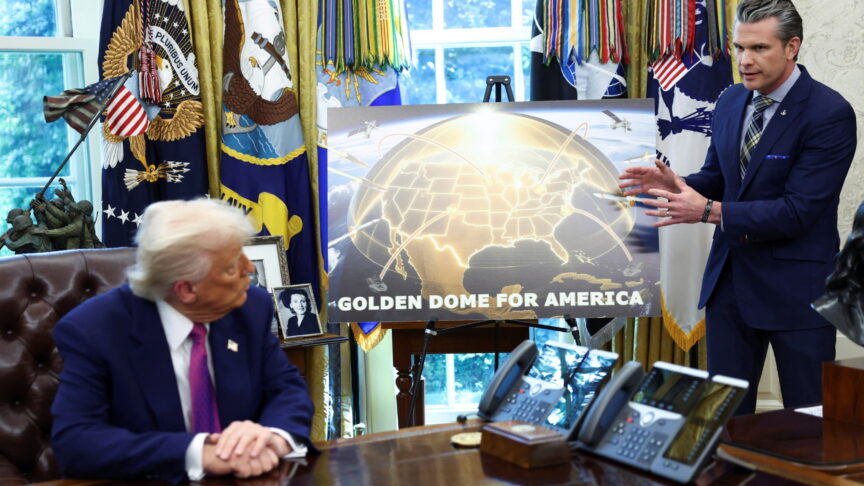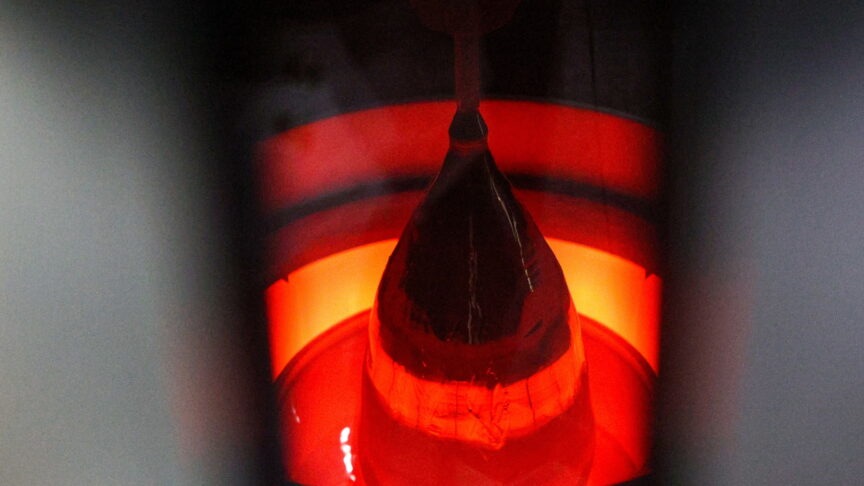Post-Brexit security concerns should safeguard scandal-hit UK aid budget
The UK sees overseas aid as an important part of its approach to international security. With Brexit it is already feeling vulnerable enough without introducing new security worries.
The stream of recent stories of inappropriate behaviour in UK overseas aid organisations has shaken public faith in international development giants such as Oxfam and Save the Children. The scandal has also created an opportunity for British opponents of the government’s generous aid policy to go on the attack. It is no surprise, therefore, to see the UK’s aid budget commitment (to spending at least 0.7% of national income on international development) being questioned in Parliament and the media.
If the UK were to concede to such pressure and reduce its aid expenditure, the repercussions would be major. The UK is a leader among European governments in aid volumes, and any reduction in UK spending would reduce the peer pressure on other European partners to retain or increase their own contributions. It would also come at a particularly bad time for the international development community, as the EU heads into difficult discussions to apportion a more limited EU budget to its many different priorities.
Thankfully, this is an unlikely prospect. The British establishment, more than most in Europe, sees development spending as an important part of its approach to international security. And with Brexit, it is already feeling vulnerable enough on security without introducing any new causes for concern.
Theresa May’s speech at the Munich Security Conference last weekend made this clear. Her request for an EU-UK internal security treaty, and her concession that this would mean continued European Court of Justice jurisdiction in this area, made the headlines, but her message on the need to co-operate on external security was just as strong. She placed development aid at the centre of this argument, stating: “We invest in global security knowing this is how we best protect our people at home and abroad. That is why we are… the only EU member to spend 2 per cent of our GDP on defence as well as 0.7 per cent of our Gross National Income on international development.”
The logic of this argument is sound. At ECFR we are working with a number of our Council Members, including Wolfgang Ischinger, Pierre Vimont, Robert Cooper and Marta Dassu, to release a paper in the coming weeks on future security arrangements between the EU and the UK. International development is a key tool in any such arrangements, and the UK’s case for a comprehensive security partnership with Europe would be weakened by any retreat from its leadership role on overseas aid.
However, as with so many steps in the Brexit saga, it is far from clear that this logic will prevail. The UK’s domestic crisis in funding for health and social care means that all other areas of public expenditure are under close scrutiny in the search for savings. With Brexit set to drag further on public finances, it will take strong leadership from the UK’s foreign/security establishment to ward off the vultures circling the UK’s aid budget.
The European Council on Foreign Relations does not take collective positions. ECFR publications only represent the views of their individual authors.


